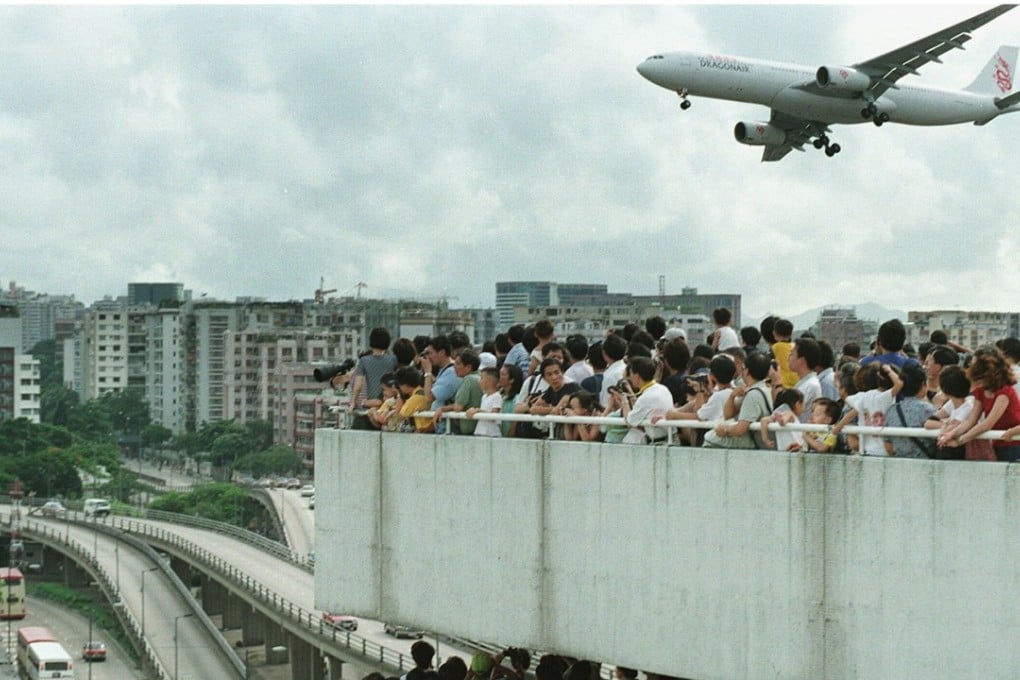Remembering Kai Tak: Hong Kong airport that closed 20 years ago is gone but not forgotten
When it closed on July 6, 1998, after seven turbulent decades, Kai Tak Airport was a civic treasure and icon of Hong Kong

Kai Tak was always so much more than an airport. Hong Kong’s iconic international travel hub played a pivotal role in metropolitan life for 73 years, which came to an end with its closure 20 years ago. And rather than being marooned on the urban fringe like many busy aviation facilities, the airport was poised cheek by jowl with a residential neighbourhood – thousands of Kowloon City residents could not help but be aware of the precise moments the runway opened and closed.
Passengers and staff had only to cross the footbridge over Prince Edward Road East and thread their way through the Regal Hotel to drop by workaday restaurants, stores, laundries and street stalls. Schoolchildren journeyed in the opposite direction, tucking themselves into quiet air-conditioned corners of Departures to pore over their homework.
Cacophonous hail-and-farewell mobs – sisters, cousins, aunts – swirled back and forth in a flurry of banners and cameras. And plane spotters, shutterbugs and just-plain-gobsmacked passers-by would climb up to the terminal’s roof terrace to catch the surreal spectacle of aircraft thundering above their heads, seemingly close enough to spatter them with drops of jet fuel.
While some Peak residents famously went to Kowloon only to catch a plane, pretty much everybody else in Hong Kong thought of Kai Tak as an intoxicating combination of civic treasure, amusement park and the daily triumph of human skill and engineering.
Having grown from a humble airfield in 1925 to a fully fledged international airport – albeit one bursting at the seams – Kai Tak closed two decades ago this week, on July 6, 1998. Dozens of heart-stopping take-off and landing videos festoon YouTube, while the airport remains a poignant memory for passengers, pilots and all the humble folk who lived nearby.
For art director Jowie Chan Chor-kiu, growing up in sight and sound of Kai Tak in the 1970s and 80s was one long adventure.
